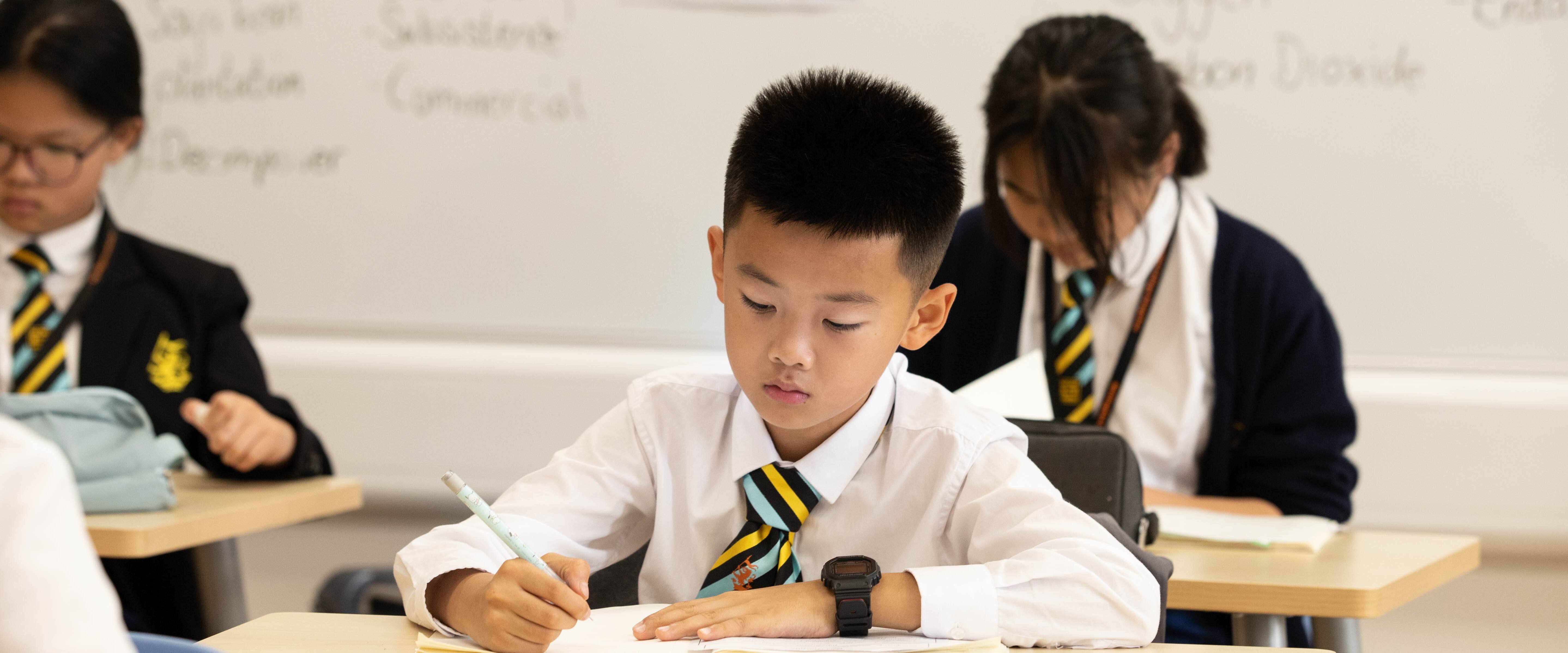
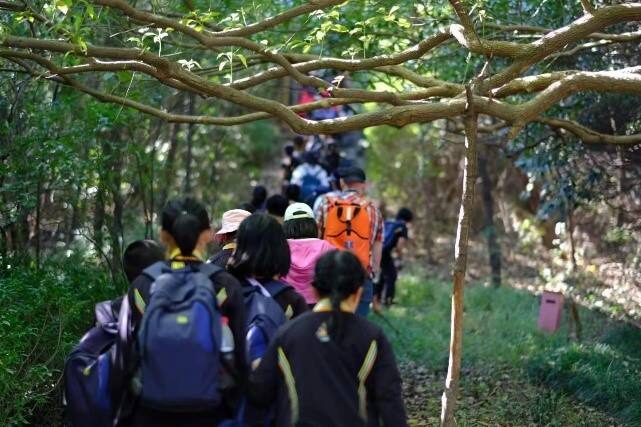
"Expeditions can significantly contribute towards building the strength of character." - Kurt Hahn, a pioneer of experiential education
The Academy for Educational Development and a team from the University of Colorado's Department of Education have studied expeditionary learning programs and found dramatic increases in pupils' levels of engagement and motivation. Data from schools in America have also shown increased reading, math, and English assessment scores for schools that implemented an expeditionary learning approach.
At Hiba Academy Hangzhou, immersing pupils in natural environments allows robust intellectual development, physically, spiritually, socially and morally. Moreover, the nature of outdoor activities will prepare our pupils for possible future challenges and adversity.
Our outdoor expedition and residential trips reopened this October. The upper primary pupils all enjoyed their exciting trips.
Grade 3: A trip to the National Water Museum
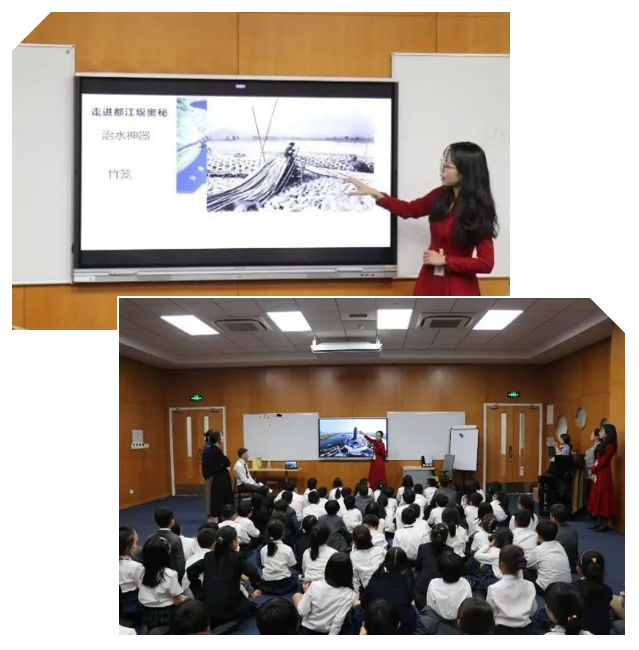
Before we started the expedition for grade 3 pupils, we invited staff from the National Water Museum of China to hold a learning experience named "water museum" at the Hiba campus. This allowed our pupils to understand the history of hydraulic engineering in China and the specific principles of the construction of Dujiangyan, an ancient irrigation system in China. In addition, pupils had an opportunity to hand-make a night light based on the abatis adopted in the Dujiangyan system, which deepened their understanding of the basic structure and stability of abatis and practised their operational skills.
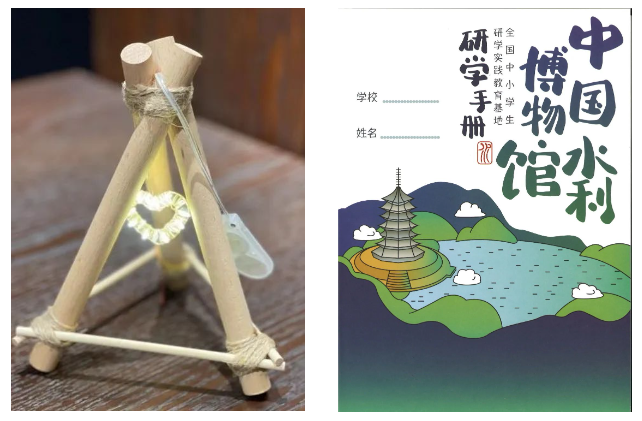
On 18 October, grade 3 pupils and teachers started their trip to the museum to learn more about water culture. They walked into different exhibition halls in order, observed the ancient equipment invented by our ancestors, and excitedly looked for the answers to the questions in the expedition handbook prepared and provided by the museum. They were amazed by how the ancient wisely utilised water resources. They then collected the stamps of the museum and stepped on the water platform to enjoy the beauty of autumn.
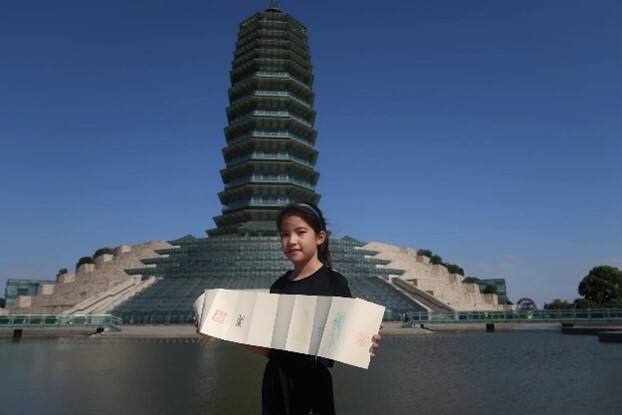
The hydraulic engineering heritage around China is a non-renewable resource that bears witness to the history of water governance in China. It falls on us to discover, protect and develop them. Hiba pupils in the new era are willing to should this responsibility.
Jimmy: Water is the source of all life. We must cherish water resources and use them wisely.
Aaron: I saw many water conservation equipment invented by the ancient. They were brilliant.
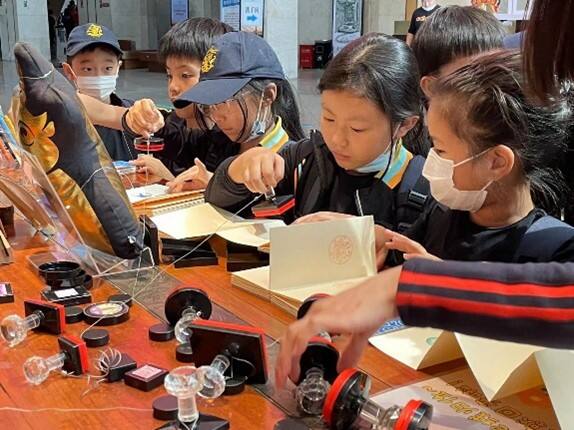
Our primary pupils are invited to attend the lighting ceremony at the museum for the 2022 World Children's Day celebration on Sunday, 20 November. They will then attend the launch of the English version of the book Ali the Fox and the Flying Lake and perform the exciting story on stage. We hope our Hiba pupils will enjoy the fun of learning in this incredible opportunity.
Grades 4 and 5: a journey into the wilderness
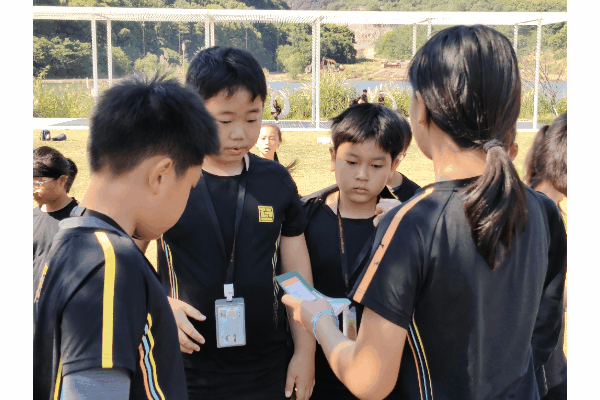
On 21 and 24 October, grades 4 and 5 pupils visited the SayHi park for their learning trip. They collaborated and decoded the subject-related clues to complete all the challenges, such as using bamboo poles and ropes to build stretchers for first aid, pitching tents in the wilderness and learning to tie knots. As a result, their team spirit, leadership, logic and survival skills were enhanced. While admiring the beauty of nature, our pupils were also learning about plants, using their knowledge to determine the species and growth habits of plants while climbing the mountain. They also linked what they saw to what they had learned in science lessons, cheering, "This seed is dispersed by animal and that one by the wind."
Hiba is proud to have you
While climbing the mountain, Zack W from grade 5 happily helped the two pupils to carry their backpacks. He embodies the Hiba values of kindness and responsibility, and we are proud to have you at Hiba.
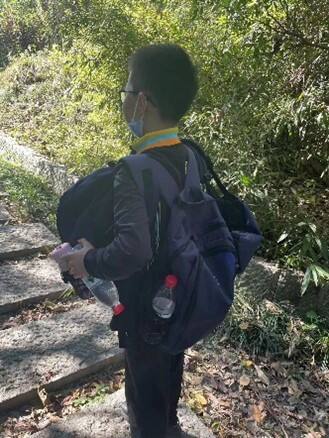
Cindy: This expedition is enjoyable. We were amazed by the beauty of nature, learned how to identify various plants, and even made plant relief, which took work. However, perseverance is the key.
Olivia: We enjoyed the beauty of nature and preserved the view and this unforgettable memory by making artwork using plaster and clay. Plaster reliefs are fragile, just like nature - we must take care of them.
Lawrence: We hiked together, breathing in the fresh mountain air and leaving our worries behind. We laughed, played and ran, free as a bird. How I wish I could go on such trips again.
Xiaoxiao: Climbing the mountain was an exciting experience. I learned about different plants. I was tired, but I learned a lot.
Alex: Working collaboratively was interesting. I learned many skills beyond the classroom, such as how to tie bandages and work as a team.
Joy: I thought I was exceptionally strong. However, this trip made me realise that I was not physically strong enough and must exercise more.
Grade 6: a trip to Liangzhu to experience the extensive history of China
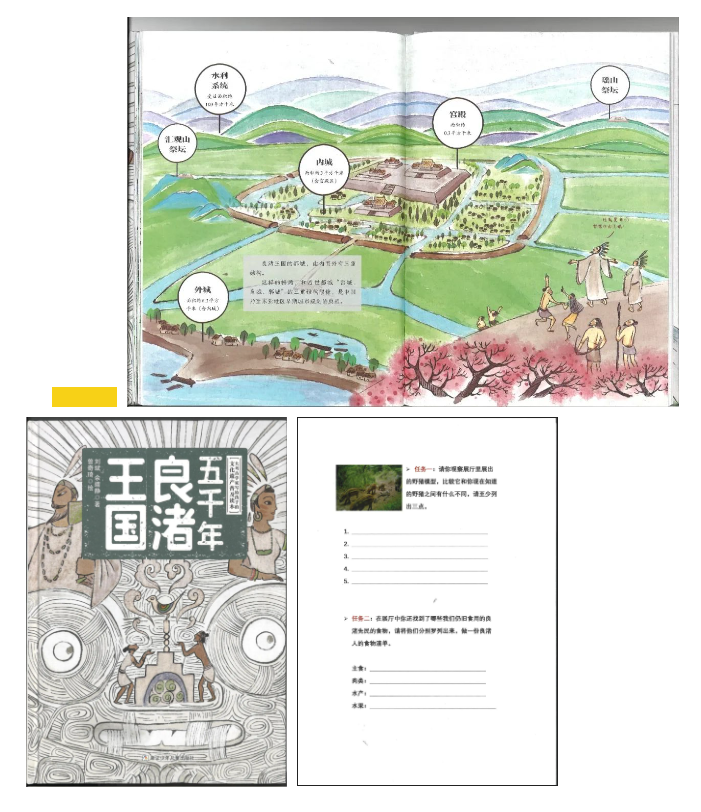
On 28 October, grade 6 pupils and teachers visited the Liangzhu Museum to begin a journey into the 5,000 years of Chinese civilisation.
The school had bought and distributed a book titled Liangzhu Kingdom 5000 Years Ago, published by the Zhejiang Children Press to prepare our pupils for the trip in advance. The academic team also compiled a field trip booklet on the topic with questions, which was also distributed to the pupil so they could find answers on the trip. This expedition is an essential component of the main Chinese culture curriculum at Hiba. Pupils worked in groups and entered a large prehistoric settlement site, which is an outstanding representative of the history of human civilisation. They worked together as they explored our ancestors' clothing, food, housing and transport at the Liangzhu ancient city and learned about the cultural symbols of Chinese civilisation, such as jade, cities, water and pottery. It was an experience to feel the origin of Chinese culture and to learn about the significance of the Liangzhu site.
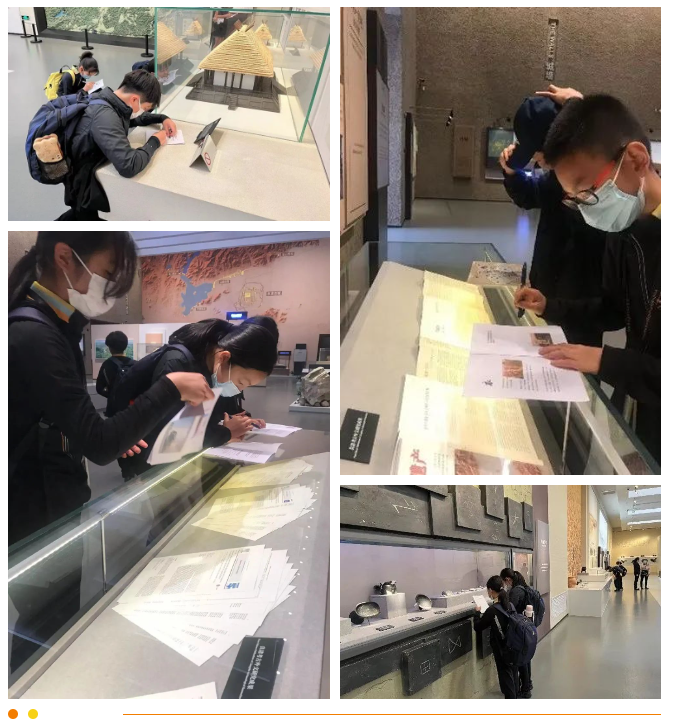
Theresa: The Liangzhu ancient city site has a rich collection of relics. I can feel the profound and extensive culture of the old days. My breath was taken away when I saw the pottery and jade wares manufactured by our ancestors' thousands of years ago. I learned from them to explore unmeritedly and innovate bravely, which is the core of our Chinese people's wisdom.
Jeff: I was thunderstruck when I rested my eyes on the unearthed relics and the clear yet straightforward graphic language. I hope to visit the site more often to see it more closely and enrich my experience.
At Hiba, we follow a proud tradition and educate for the future. Nature is our classroom in field trips. It endows Hiba pupils to experience the now and look ahead into the future. During these trips, our pupils explored the extensive culture, acquired survival skills and developed a sense of responsibility as global citizens. We want them to build a profound cultural awareness, excellent critical thinking, practical skills to make a difference, leadership with charisma, and the inclusiveness of great empathy. They are what Hiba Academy Hangzhou has aspired to achieve since its establishment, to support all pupils to become well-rounded individuals with strong values and the skills to thrive within an ever-changing world.